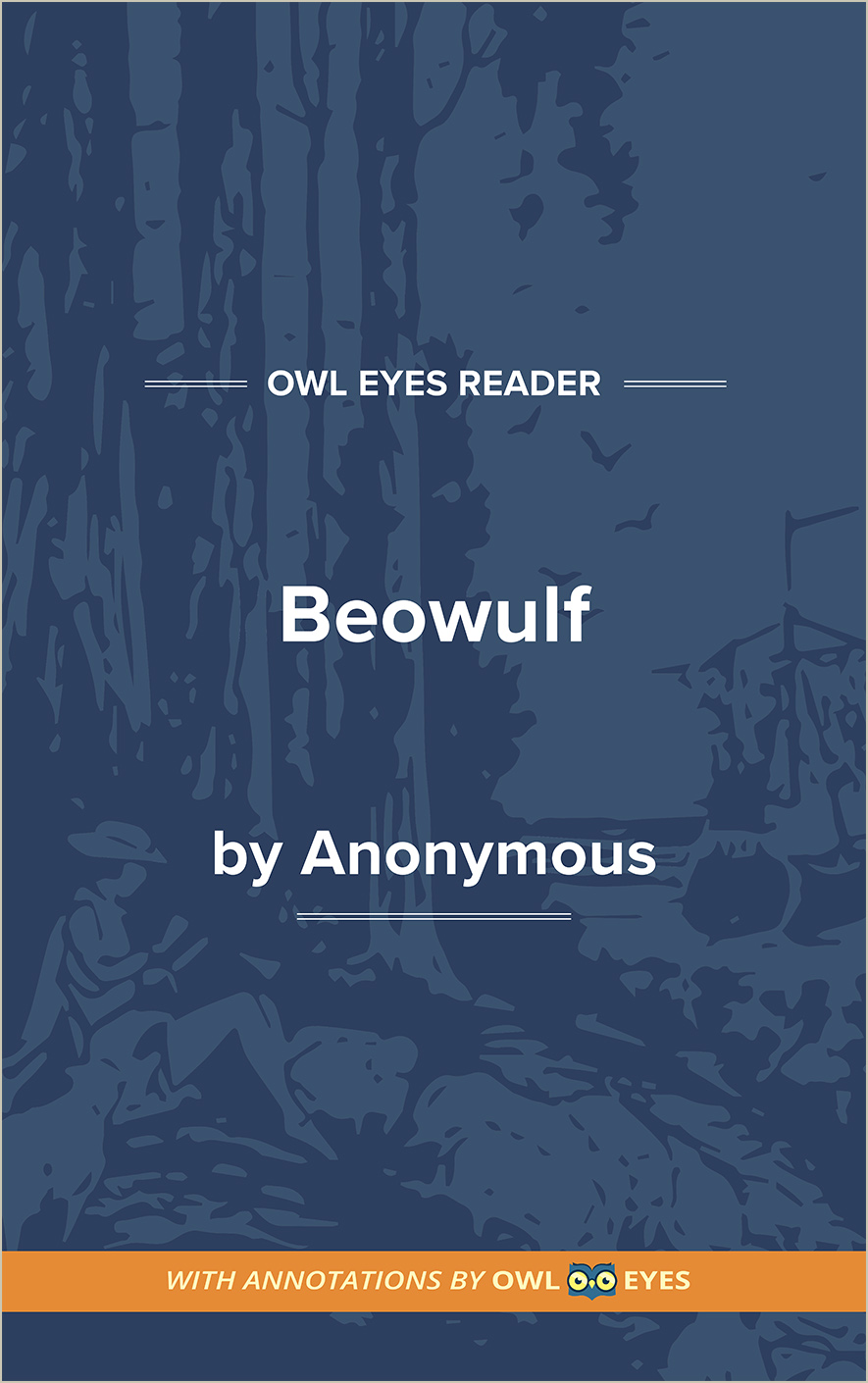Analysis Pages
Tone in Beowulf
Tone Examples in Beowulf:
III
🔒"But one night after continued his slaughter..." See in text (III)
"and forced from their slumbers Thirty of thanemen..." See in text (III)
IV
🔒"Higelac's liegeman..." See in text (IV)
IX
🔒"Art thou that Beowulf with Breca did struggle, On the wide sea-currents at swimming contended..." See in text (IX)
XVI
🔒"falsehood and treachery The Folk-Scyldings now nowise did practise...." See in text (XVI)
XIX
🔒"Doomed unto death..." See in text (XIX)
XXI
🔒"His life on the shore, ere in he will venture To cover his head...." See in text (XXI)

